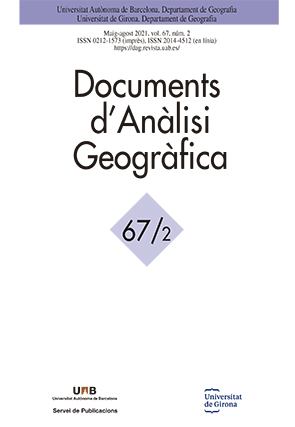New forms of social rental housing in Catalonia (2015–2020): An analysis from the European theoretical framework
Article Sidebar

Main Article Content
Jordi Bosch Meda
Universitat Politècnica de Catalunya
The aim of this article is to analyze the new forms of social rental housing that the Catalan legislation passed from 2015 to early 2020 using six variables: the rental price, the allocation system; the target group; the public funding arrangements; the type of housing provider; and the time during which the dwelling is available for social rent. The study finds that: (i) these new housing units, except voluntary or compulsory social rental dwellings, fit conceptually into less demanding definitions of these dwellings since they meet the requirements of price, socioeconomic conditions of the beneficiaries, and the existence of allocation rules, and (ii) only those obtained by right of first refusal and repurchase or through expropriation have a place in the most demanding social housing definitions given that they are the only dwellings owned by the public sector or the third sector.
Article Details
How to Cite
Bosch Meda, Jordi. “New forms of social rental housing in Catalonia (2015–2020): An analysis from the European theoretical framework”. Documents d’Anàlisi Geogràfica, vol.VOL 67, no. 2, pp. 219-41, doi:10.5565/rev/dag.677.
Most read articles by the same author(s)
- Jordi Bosch Meda, The housing bubble in Europe (2000-2015): Dimension and types , Documents d'Anàlisi Geogràfica: Vol. 65 No. 1 (2019): Miscel·lani